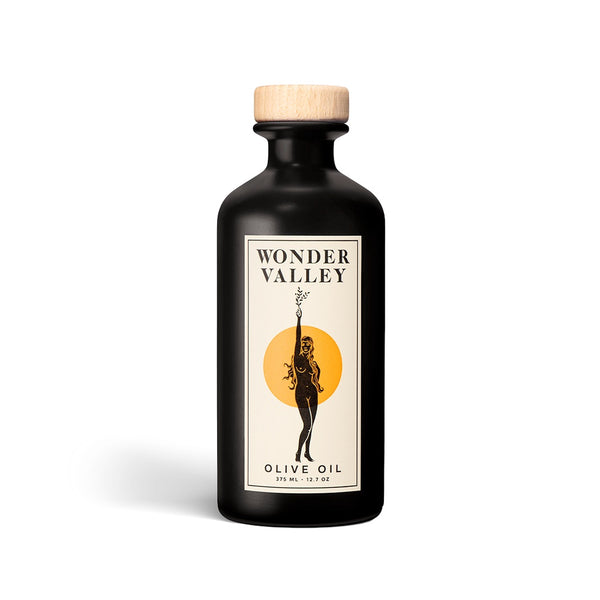What is your food philosophy?
Well, I mean, you are what you eat, right? All of your cells and emotions and dreams, how you look, how you age, how you perform, all come down to the foods you put in your body. So, you know, you should make the decisions about what you put into your body very wisely.
What is the first meal that you remember?
Going back that far gets a little fuzzy, but I do remember being very small and eating the somen on ice that my grandpa would make for me on the weekends in the summertime in Los Angeles when it was really, really hot outside. And then I would go ride my big wheel around the block.
How has your background and upbringing influenced the way you eat? And how has it influenced the way you work and what you create?
I grew up with the Japanese side of my family and was raised a lot by my grandparents and uncles. I ate mostly a weird mix of Japanese and American foods, which is actually called yoshoku, like everything is served on white rice and there’s spaghetti made with ketchup and green onions, and omurice, which is fried rice wrapped in a omelet with ketchup on top. Just super weird sounding things, but are actually so delicious and so filled with umami. The main traits that I really picked up from my uncles that are traditionally Japanese are the concepts of honor and discipline. I think everything that I have created and have achieved whether it's art, music or food all comes from that basic foundation of honor and discipline.
What are your favorite flavors?
The main thing about flavors for me is that they’re all balanced and they all play their part in the symphony. Any one flavor alone is rather unexciting to me, but the harmony and juxtaposition of savory with citrus and a little sweet with the salt from a shoyu or tamari is where the magic happens and it's the craft of balancing everything together that elevates food from good to a work of art.
What's always in your fridge?
A few things here. Lemons, ferments (we are always fermenting jars of carrots, radishes, cabbages, mushrooms, little things to add to dishes to really brighten them up and make them sing), good white wine, fresh thyme, organic grass-fed butter, harissa, which we make also. You can see our recipe on the darkhorseorganic youtube channel.
What’s always in your pantry?
White rice (we like Koda Farms, but we also like the traditional Japanese brands that we get in Little Tokyo), dried beans (flageolet, adzuki, garbanzo, lentils: black, brown, green, red and yellow… they all have a very specific flavor, cooking time, and purpose), lots of vinegars (rice, apple cider, umeboshi, moscatel, thick balsamic).
How do you cultivate creativity, are there any rituals or routines you rely on?
You have to get quiet. You have to slow down. You have to erase the thoughts from your mind. Thinking is the enemy of creation. The closer you can get yourself to a completely blank mind, the greater chance you have of receiving transmissions from the spirits. Everything I have ever done starts with silence or a blank canvas or an empty pot and it's always a very peculiar and interesting dance to coax down the transmissions and sculpt them into the tangible. 
Favorite kitchen tool?
Either a knife or spoon. A lot of chefs use the same spoons for 10, 20, 30 years. There’s ritual in that. A few spoons of different sizes that feel good in your hand are the heart and the soul of cookery. Same exact thing with knives. Two or three knives of various lengths to perform different tasks.
What do you turn to, to make you feel your best: food and all the other practices?
Myself. I believe you and your life's experiences are the beginning and the end of the cycle of creation like a snake eating its own tail. Stay grounded, stay protected, your energy is what defines you, so hold it as sacred.
With Lindsay expecting, how are you feeding her and the baby?
I feed her and the baby anything they want. That’s my purpose and fortunately, I have the talents to make that happen all day, every day.





